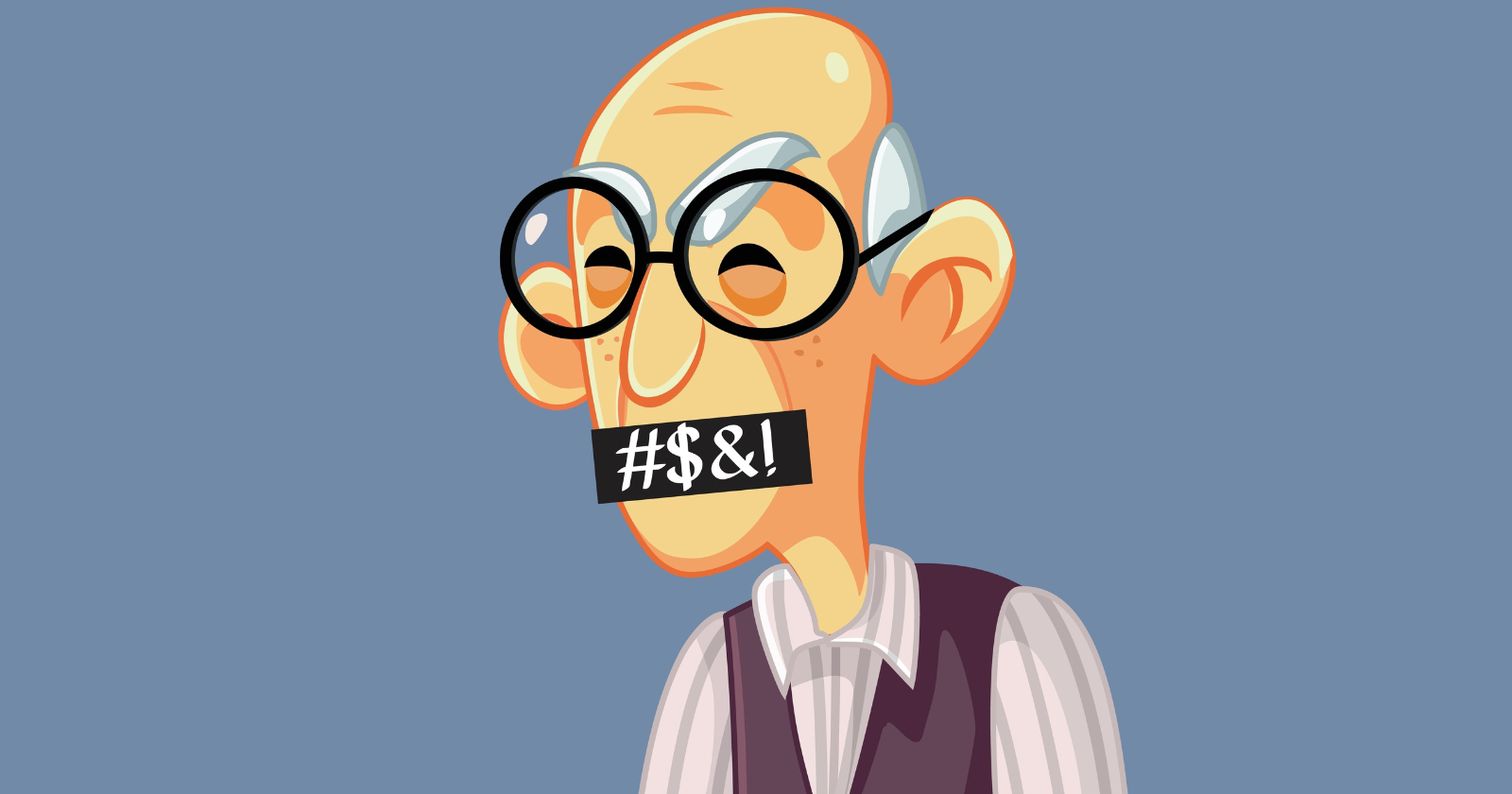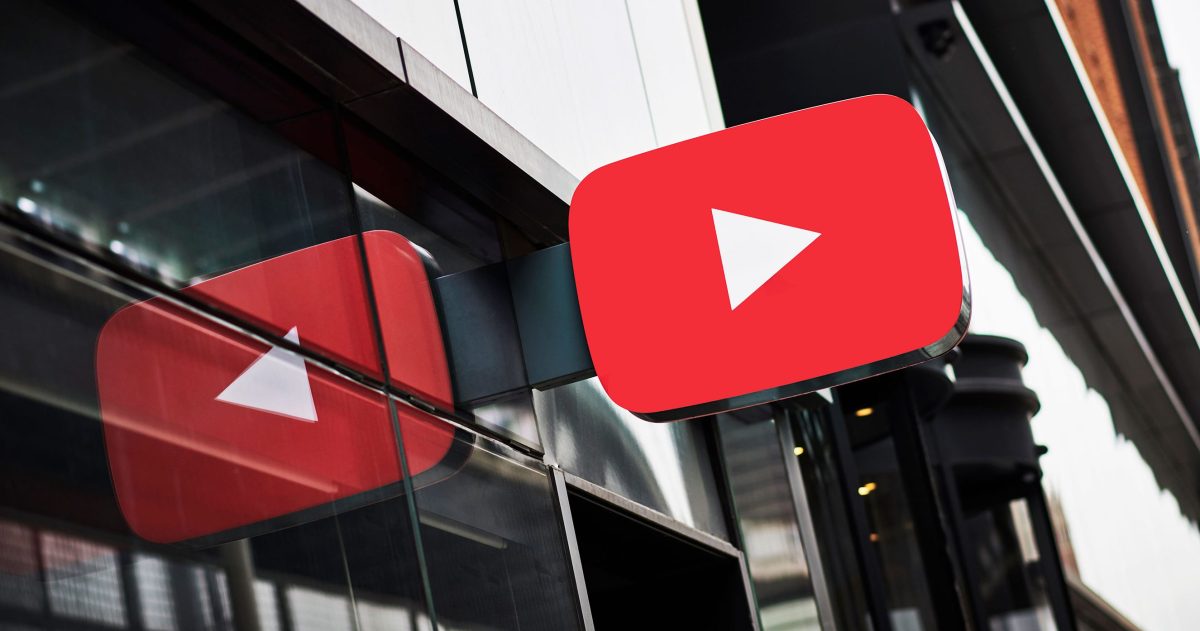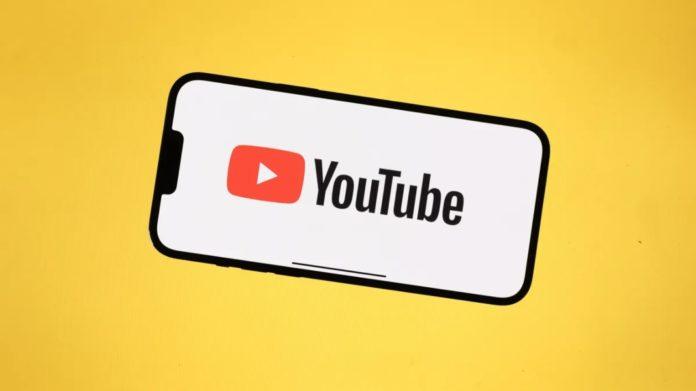YouTube, the world’s largest video sharing platform, has recently announced changes to its cursing policy. The move is aimed at curbing the use of foul language on the platform, which has been a longstanding issue. In this article, we will explore the new policy changes and what it means for YouTube content creators and viewers.
YouTube’s new cursing policy is a part of its broader efforts to create a more positive and respectful environment on the platform. The policy now states that any content containing excessive use of profanity or vulgar language will be demonetized or age-restricted, even if it does not violate the platform’s community guidelines. The policy also extends to the use of racial slurs, hate speech, and other forms of offensive language.
Can it be termed as an infringement of speech?
While some may argue that this policy change is an infringement on free speech, YouTube has emphasized that it is committed to promoting responsible content creation and fostering a safe and inclusive environment for its users. The platform has made it clear that it is not trying to censor or silence creators, but rather to encourage them to be mindful of their language and the impact it may have on their viewers.

So, what does this mean for YouTube content creators? For starters, it means that creators will need to be more careful about their language choices if they want to continue monetizing their content. The use of excessive profanity or vulgar language may result in a loss of revenue, which could have a significant impact on creators who rely on YouTube as their primary source of income.
Furthermore, creators will need to be mindful of the audience they are catering to. If their content is intended for a younger audience, they will need to be even more cautious about their language choices. This could result in creators self-censoring their content, which could have a negative impact on their creative expression.
The bright side
On the other hand, this policy change could also encourage creators to be more creative and innovative in their content creation. They may need to find new and exciting ways to convey their message without resorting to foul language or offensive language. This could lead to a more diverse and inclusive range of content on the platform.
For viewers, this policy change means that they can expect to see less content with excessive profanity or vulgar language. This could be a welcome change for some viewers who find such language offensive. However, for others, it could be seen as censorship and a restriction on their freedom of expression.

YouTube’s new cursing policy is a significant change for the platform, and it remains to be seen how it will impact content creators and viewers. While it is a positive step towards creating a more positive and respectful environment on the platform, it also raises questions about censorship and free speech. Ultimately, it will be up to YouTube to ensure that its policies strike the right balance between promoting responsible content creation and fostering a safe and inclusive environment for its users.
Stay tuned to Brandsynario for the latest news and updates.





































